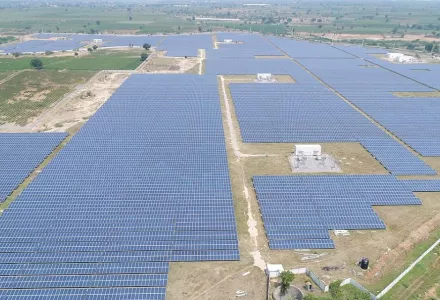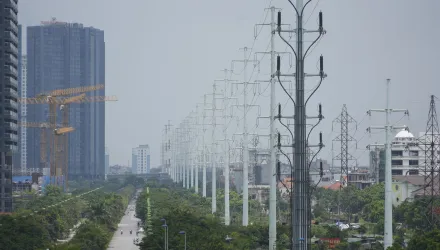
Abstract
Many developing countries are ambitiously investing in intermittent renewable electricity but face problems of integration. Advocates of the standard model of power sector reform argue that this is at least partly due to incomplete implementation of reform measures, such as unbundling, absence of incentives for economic dispatch through appropriate market signals, and exposing consumers to market signals. However, examples of complete implementation of these elements of the standard model exist mainly in the developed world. And some authors argue that the model prevalent in developing countries should be recognized in their own right, calling the model a 'hybrid power market'.
This article examines both the premise and prescription of the argument to integrate renewable electricity in developing countries through elements of the standard model (such as a wholesale spot market, or an independent system operator for dispatch). This is done by highlighting the differences between power sector reform experiences in the developing and developed worlds, and the causal mechanisms underlying these differences. The causal mechanisms are viewed through two disciplinary lenses — neo-classical economics and political economy. Two brief case studies of India and China are presented to elucidate the challenges they face in implementing reform measures to integrate renewables. Based on the causal mechanisms and contextual conditions identified, considerations are proposed for designing institutions to integrate renewables in developing countries.
The findings suggest that cost-recovery issues and distributional imperatives need to be addressed in order to implement markets or other institutions that can enable greater integration of renewables. The article presents four "design considerations', framed in terms of desired futures and possible constraints, which relate cost-recovery and distributional considerations to the implementation of unbundling, economic dispatch, or wholesale price signals.
Iychettira, Kaveri K. "Lessons for Renewable Integration in Developing Countries: The Importance of Cost Recovery and Distributional Justice." Energy Research & Social Science, vol. 77. no. 102069. (July 2021)
The full text of this publication is available via Energy Research & Social Science.





